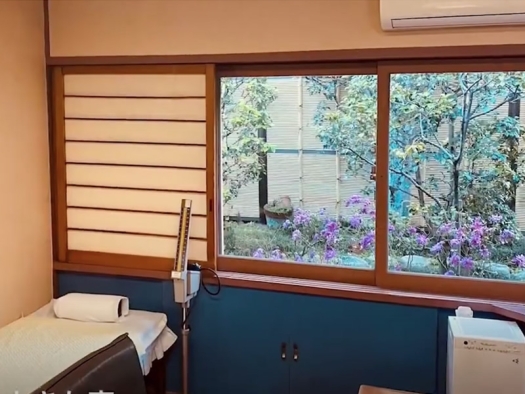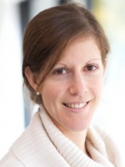OtsukaKampoClinic.jpg

Photo by Amanda Whittal / FAIM
“It is much more important to know what sort of a patient has a disease than what sort of a disease a patient has.” ~William Osler, physician and one of the founding fathers of John Hopkins Hospital
Dr. Kenji Watanabe, Director of the Otsuka Kampo Clinic, is educated in conventional medicine, having studied internal medicine at Keio University and immunology at Stanford. After completing his studies in the U.S., he returned to Japan and studied Kampo medicine, the Japanese traditional herbal medicine. Dr. Watanabe sees and uses the value of both Western and Kampo medicine for patients depending on what the situation calls for, creating a truly integrative place of healing at the Otsuka Kampo Clinic.
When asked what differentiates Kampo medicine from Western medicine, he replied that Kampo does not focus on treating the disease, but on treating the person with the disease. This echoes Osler’s recommendation, but while Osler seemed to refer primarily to the often overlooked aspects of emotion and personal connection in medical practice, the approach of Kampo goes a step further.
In the Kampo system, they aim to treat the root cause of illness. To achieve this, the patient’s overall mental and physical condition and constitution play a central role, as they are used to understand and relieve symptoms, and restore harmony within the body.1 The initial consultation is thus very comprehensive and used to understand the physical and mental state of the patient, since the functions of the body are most important for a diagnosis. For instance, if someone has a headache before menstruation or because of weather changes, this is considered a fluid disturbance. This ‘pattern disturbance’ of the body function – inadequate fluid excretion from the body – is what is treated, not the headache. The body constitution can be changed, and the Kampo herbal medicine and recommendations that are selected for the patient aim to do just that, addressing the imbalance in the body that is the cause of the illness.
With this method, they have had success treating common conditions (e.g. headaches, menopause, colds), as well as more difficult illnesses (e.g. cancer, irritable bowel syndrome, collagen diseases), and COVID-19.
The value of Kampo is being recognized and Dr. Watanabe has been working with the World Health Organisation (WHO) for the past 18 years towards its standardization. Thanks to this collaborative effort, in the most recent version of the International Classification of Diseases (ICD)-11, the international classification of Traditional Medicine, East Asia (ICTM EA), including Kampo, has been included.
The practitioners at the Otsuka Kampo Clinic take a very patient-centered approach. From the world of precision (Western medicine) to the holistic world (Kampo), they can span all options depending on what a patient needs. Similar to so many holistic health practices, however, a common experience of the Otsuka Kampo Clinic is that patients tend come to them after having tried all other conventional methods. This means that they often see more difficult and advanced cases, which they can treat, but which could have been treated more effectively if patients came earlier.
There is thus a choice to be made on the side of the patients to visit the clinic at the first sign of not feeling well, when the possibilities of maintaining health and preventing disease are much greater, rather than waiting until later stages. Dr. Watanabe emphasizes the value of prevention, and hopes that we can shift more towards clinics and patients acting according to the Japanese ‘ME-BYO’ concept:
“ME-BYO can be translated as “not yet disease” and viewed as a dynamic stage of transitioning from being healthy to the onset of full-blown disease and disability. At this stage, preventive measures may effectively maintain or reverse the disease trajectory.”2
The Otsuka Kampo Clinic is based in Tokyo. Most of their patients are local and about 20% are international. More information can be found on the Otsuka Kampo Clinic website.
References
- Watanabe et al. (2011) Traditional Japanese Kampo Medicine: Clinical Research between Modernity and Traditional Medicine—The State of Research and Methodological Suggestions for the Future.
- Nakamura et al (2023). The ME-BYO index: A development and validation project of a novel comprehensive health index.


